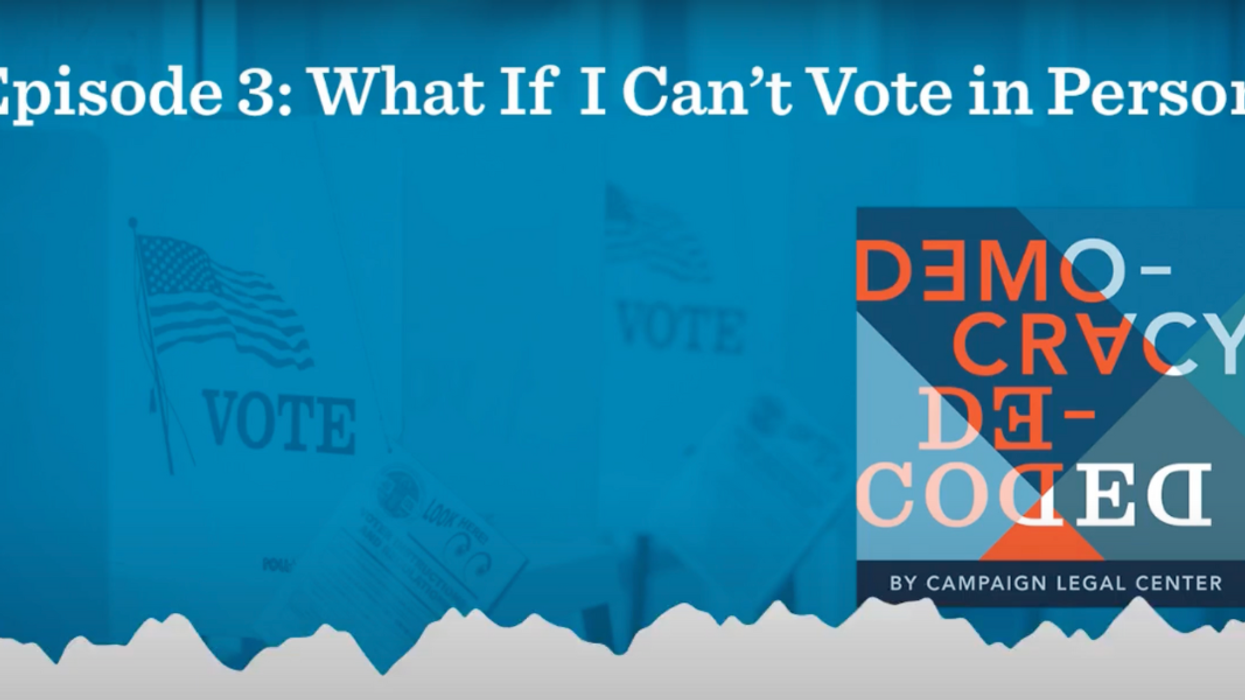Voting at a polling place on Election Day may be easy for some, but many voters face significant challenges. Transportation, work schedules, and the location of polling places can make it tough for voters with families, jobs, a disability, and more to vote in person. During the 2020 presidential election, when the COVID-19 pandemic was in full force, many states expanded vote-by-mail access to protect voters from getting sick. There were also drive-thru voting and ballot drop-boxes, which opened many voters’ eyes to how accessible voting could be. In this episode we look at how vote-by-mail works, why it’s secure and accurate and how it helps more voters make their voice heard.
Podcast: What if I can’t vote in person?




















Trump & Hegseth gave Mark Kelly a huge 2028 gift